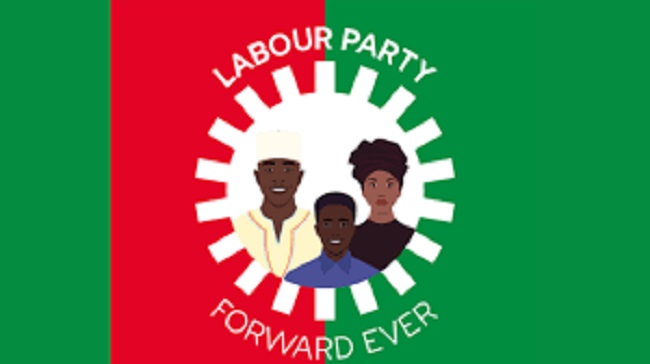The impending local government elections in Lagos State have brought to light a significant internal division within the Labour Party (LP), a development that could have far-reaching implications for the party’s performance and the overall electoral landscape. Justice Bola Okikiolu-Ighile (retd.), the chairman of the Lagos State Independent Electoral Commission (LASIEC), revealed the existence of three distinct factions within the LP, each vying for recognition and control of the party machinery in the state. This revelation emerged during a stakeholders’ forum held in Ikeja, highlighting the complexity of the political dynamics ahead of the July 12 elections. The presence of multiple factions, each claiming legitimacy, presents a significant challenge to the electoral process and raises questions about the party’s ability to present a united front in the upcoming polls.
The schism within the LP became apparent when each of the three factions independently invited LASIEC to observe their respective primary elections, a crucial step in the process of selecting candidates for the local government elections. This independent action by each faction underscores the depth of the division and the lack of communication or coordination between the different groups. The fact that each faction felt compelled to hold its own primaries suggests a fundamental disagreement about the leadership and direction of the party, and potentially even about the selection criteria for candidates. This fractured approach not only weakens the party’s overall standing but also creates confusion for voters who may struggle to identify the legitimate LP candidates on the ballot.
LASIEC, faced with this unprecedented situation of a party presenting three separate sets of candidates, opted not to observe any of the primaries. Chairman Ighile explained that the commission chose this course of action due to the obvious divisions within the LP, recognizing that endorsing any one faction would effectively legitimize their claim over the others and exacerbate the existing conflict. This careful approach by LASIEC demonstrates a commitment to neutrality and a desire to avoid becoming embroiled in the internal disputes of a political party. By declining to participate in the primaries of any of the factions, LASIEC effectively puts the onus back on the LP to resolve its internal differences and present a unified front for the upcoming elections.
Given the complexities and potential legal challenges arising from the LP’s internal divisions, LASIEC has chosen to seek guidance from the Independent National Electoral Commission (INEC), the overarching electoral body in Nigeria. This decision reflects LASIEC’s understanding that the issues at hand extend beyond the scope of local elections and could have broader implications for the political landscape. INEC, with its greater experience and expertise in managing electoral disputes, is better positioned to provide advice on how to proceed in this unusual circumstance. The outcome of INEC’s deliberation will likely determine the future of the LP’s participation in the Lagos local government elections and could set a precedent for how similar situations are handled in the future.
The current situation within the LP presents a significant challenge for the party’s prospects in the upcoming elections. A divided party is often perceived as weaker and less effective, making it harder to attract voters and mobilize support. The internal conflicts and power struggles within the party can distract from the core issues and divert resources away from campaigning and voter outreach. Moreover, the presence of multiple factions claiming legitimacy can create confusion among voters, potentially leading to lower voter turnout and diminished confidence in the electoral process. The LP’s internal divisions not only threaten their chances of success in the local government elections but also raise concerns about the party’s long-term viability and its ability to effectively participate in future elections.
The internal strife within the Lagos LP serves as a microcosm of the broader challenges facing political parties in Nigeria. Issues of factionalism, internal democracy, and leadership struggles are common occurrences, often undermining the credibility and effectiveness of political parties. These internal divisions can distract from the important work of policy development, constituency service, and holding the government accountable. Furthermore, they can erode public trust in the political system and contribute to voter apathy. The case of the LP in Lagos underscores the urgent need for political parties to strengthen their internal structures, promote inclusivity, and prioritize the interests of the electorate over internal power struggles. The upcoming elections will serve as a critical test for the LP and its ability to overcome these challenges and present a united front to the voters.


